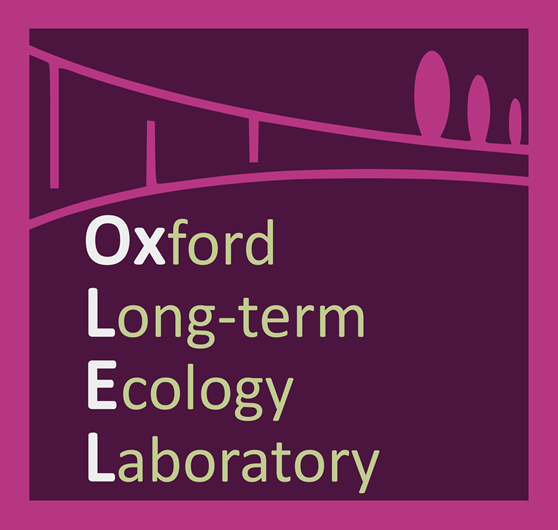Restoring native biological diversity in the Galápagos Islands: determination of baseline ecological conditions
Description
The Galápagos Islands are a National Park, UNESCO World Heritage site and Biosphere Reserve and are globally renowned both for their ecological value and as a world symbol of scientific discovery. However, this unique region currently exhibits some of the highest extinction rates in the world, the result of extensive habitat degradation and widespread impact from non-native species since European colonisation. This project uses palaeoecological research techniques (fossil pollen, plant macrofossils, testate amoebae, diatoms, geochemistry, and stable isotopes) to reconstruct the long-term changes in the native plant communities and environmental conditions across the Galápagos archipelago. It provides conservation managers with long-term, historical baseline ecological data – information that is critical to the design of an effective program for the restoration of native biological diversity in Galápagos.
Highlights of recent research and publications:
The removal of non-native plant species in Galápagos has become a key conservation-restoration priority. Fossil pollen and plant macrofossil analysis from the last 8000 years shows that six presumed introduced or doubtfully native species are in fact native to the archipelago. These findings have significant implications not only for conservation in Galápagos, but for the management of introduced species and pantropical weeds in general.
For more information on this research see: ‘Fossil Pollen as a Guide to Conservation in the Galápagos’, Science, 322: 1206 (Abstract/ Full Text) An interview with Dr Cynthia Froyd is available via podcast on the Science website.
Project Details
People
Funders
NERC
Country
Galapagos Islands
Additional Researchers
Dr Cynthia Froyd, Emily Coffey

 Dr. Alistair Seddon
Dr. Alistair Seddon Professor Katherine J. Willis
Professor Katherine J. Willis